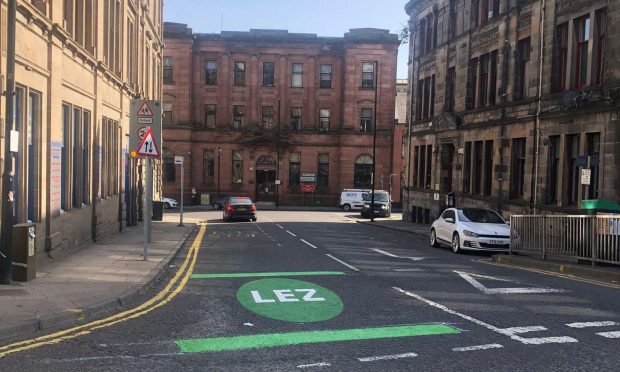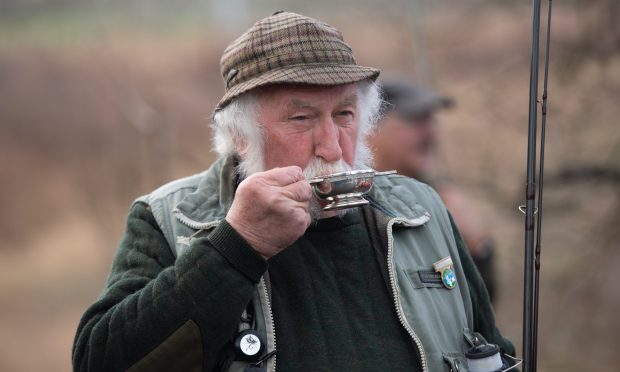What’s happening this week?
The extreme heat in the UK this week is being caused by the jetstream sitting in an unusual position.
The jetstream is a core of strong winds six miles above Earth’s surface that shapes our weather in Scotland and indeed across all of northern Europe.
Right now the jetstream is deflected far north of the UK, causing hot air from the Mediterranean to be carried northwards to the UK and giving us this short heatwave.
Although Scotland will not feel the full brunt of the heat, thermometers are expected to hit 37C in London this Thursday.
Is climate change the cause?
It is impossible to say whether individual events – such as this week’s heatwave – are caused by climate change.
The kind of weather pattern delivering today’s hot air, a deflected jetstream, is not itself caused by climate change.
Indeed, the famous 1976 heatwave was a result of similar meteorological conditions.
What is different now is that the global temperature is about one degree Celsius hotter than in 1976, meaning that when these unusual weather patterns occur, the heatwave is more severe.
Met Office scientists found that last summer’s heatwave – during which Scotland experienced its hottest day on record – was 30 times more likely because of global warming.
Climate change is “loading the dice” for heatwaves, making them much more likely and much more severe.
Michael P Byrne PhD, lecturer in Earth and Environmental Sciences at St Andrews University and Marie Skłodowska-Curie Research Fellow at Oxford University.










